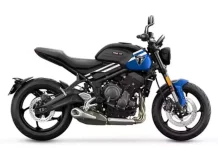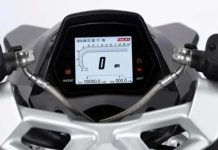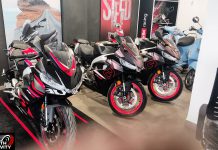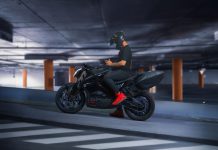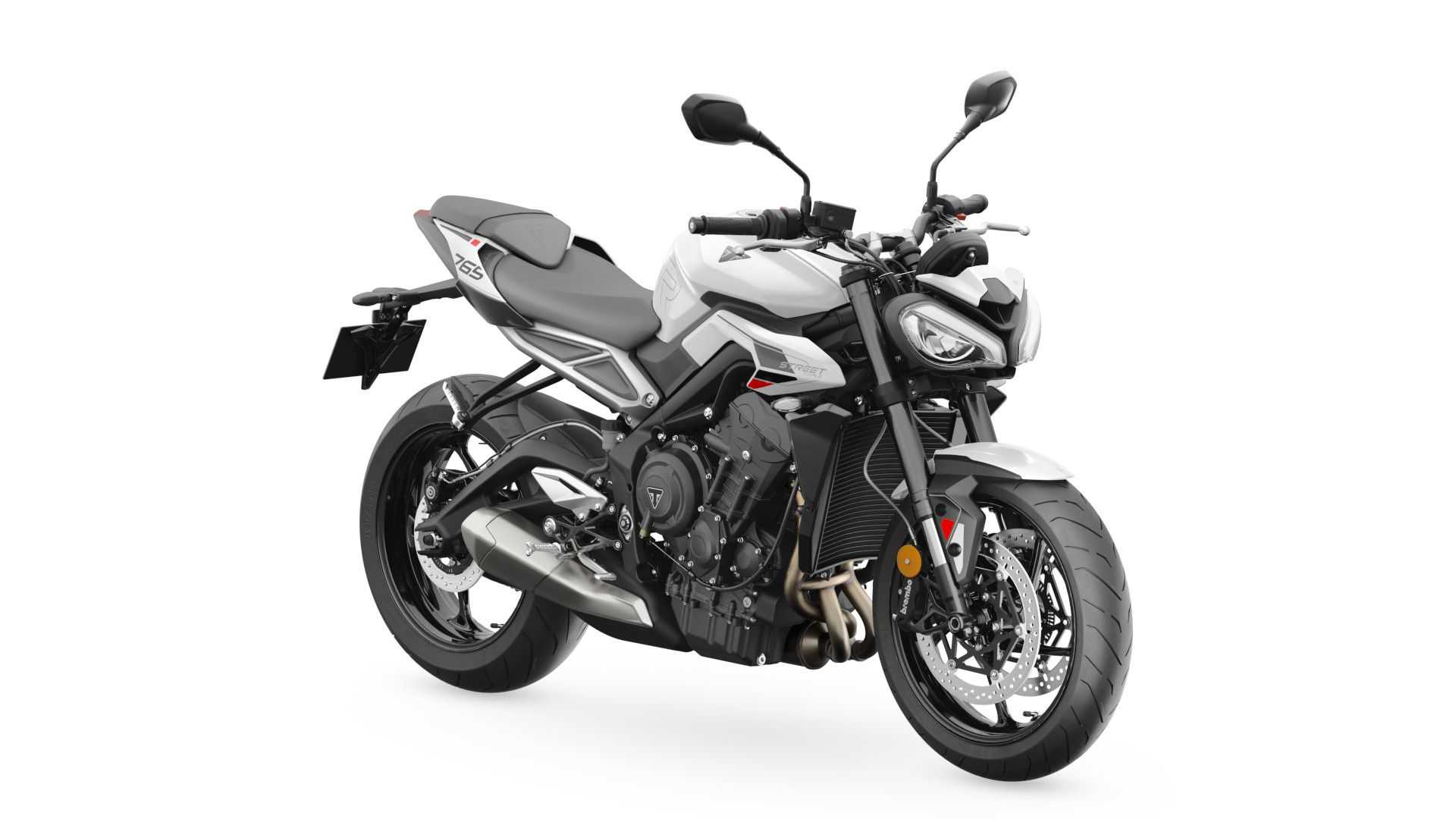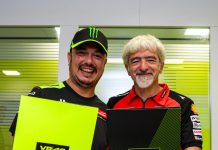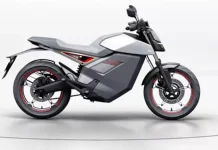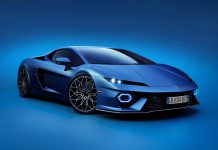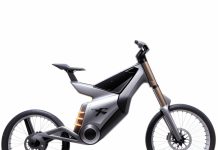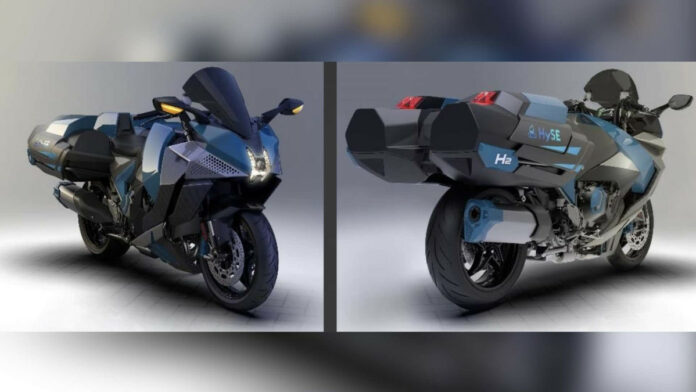Kawasaki Heavy Industries
Kawasaki’s focus on alternative energy vehicles, particularly hydrogen technology, signifies a major industry shift. Collaborating with leading Japanese manufacturers through the HySE consortium, Kawasaki is at the forefront of developing hydrogen-powered transportation. The HySE-X1, a hydrogen experimental vehicle, highlights this innovation. Kawasaki’s diverse industrial presence allows cross-sector technological integration, emphasizing sustainability and carbon neutrality.
The introduction of electric and hybrid models, alongside a hydrogen motorcycle prototype, showcases their commitment to diversified and sustainable products. However, the success of these initiatives hinges on infrastructure development, market acceptance, and overcoming technical challenges in the testing phase.
Hydrogen-Powered Vehicles
Kawasaki’s recent advancements in alternatively powered vehicles, particularly in the realm of hydrogen-powered technology, are indeed noteworthy. The reveal of the HySE-X1, a hydrogen-powered experimental vehicle, marks a significant step in Kawasaki’s exploration of alternative energy sources. This move aligns with the broader industry trend towards sustainable and environmentally-friendly transportation options.
Key Points
- Kawasaki is actively developing hydrogen-powered vehicles: They revealed the HySE-X1 car for the 2024 Dakar Rally and teased a hydrogen-powered Ninja motorcycle prototype.
- The HySE-X1 car uses hydrogen fuel cell technology: This technology emits only water vapour, making it a cleaner alternative to gasoline-powered vehicles.
- The Ninja motorcycle prototype is based on the H2 SX: It’s unclear how far along development is, but it marks a significant step towards hydrogen-powered motorcycles.
- Challenges remain for widespread adoption: Infrastructure for hydrogen refuelling is limited, and the cost of the technology is still high.
The HySE-X1’s participation in the Mission 1000 program at the 2024 Dakar Rally presents a unique opportunity to test and showcase the capabilities of hydrogen-powered vehicles in demanding conditions. The collaboration between major Japanese automotive and motorcycle manufacturers (Kawasaki, Honda, Suzuki, Toyota, and Yamaha) under the HySE cooperative indicates a significant industry shift towards hydrogen technology.


HySE Consortium
Kawasaki Heavy Industries’ involvement in various sectors, including automotive and aerospace, and its commitment to carbon neutrality, further underline the company’s dedication to sustainable innovation. The updates from key executives at the Group Vision 2030 Progress Report Meeting, particularly those from Kawasaki Motor Co. president and CEO Hiroshi Ito, reflect the company’s progress in electric and hybrid motorcycles, such as the Ninja e-1, Z e-1, Ninja 7 HEV, and Z 7 HEV.
The revelation of a hydrogen engine motorcycle prototype, based on the Kawasaki Ninja H2 SX, is a groundbreaking development. It signifies Kawasaki’s ongoing efforts in hydrogen technology and its potential application in motorcycles. The absence of detailed information or a startup demonstration during the presentation suggests that the prototype is still in the early stages of testing.
Sustainable Transportation
Key Analysis
Kawasaki’s recent focus on alternatively powered vehicles, especially hydrogen technology, represents a significant pivot in the automotive and motorcycle industry. Here’s a key analysis of this development:
- Collaborative Innovation: The formation of the HySE consortium, comprising major Japanese manufacturers like Kawasaki, Honda, Suzuki, Toyota, and Yamaha, is a strategic move. This collaboration indicates a collective industry shift towards exploring and developing hydrogen technology. The HySE-X1’s participation in the Dakar Rally is not just a test of technology but also a statement of intent and capability in alternative energy sources.
- Diverse Applications: Kawasaki Heavy Industries’ involvement across multiple sectors, including automotive, aerospace, and energy solutions, positions the company uniquely to integrate and leverage cross-industry innovations. This diversification suggests a holistic approach to sustainability, where advancements in one sector can influence and inspire developments in others.
- Sustainability Commitment: The company’s push towards carbon neutrality aligns with global environmental goals. By exploring hydrogen and electric technologies, Kawasaki is contributing to the reduction of carbon emissions in transportation. This move is also a response to increasing environmental regulations and a growing market demand for sustainable transportation options.
- Product Expansion and Experimentation: The introduction of electric and hybrid models like the Ninja e-1, Z e-1, Ninja 7 HEV, and Z 7 HEV indicates Kawasaki’s commitment to diversifying its product line. The development of a hydrogen engine motorcycle prototype, based on the Kawasaki Ninja H2 SX, marks a significant step into uncharted territory, potentially leading to groundbreaking products.
- Infrastructure Challenge: The success of hydrogen-powered vehicles heavily depends on the availability of hydrogen refuelling infrastructure. This is a significant challenge and a determining factor in the adoption rate of hydrogen vehicles. Kawasaki’s move into hydrogen technology might also push or coincide with broader infrastructure development initiatives.
- Market and Consumer Response: The reception of these new technologies by consumers and the market is uncertain. While there is a growing interest in sustainable transportation, the adoption will depend on factors like performance, cost, availability, and the overall ecosystem for hydrogen fuel.
- Testing and Development Phase: The lack of detailed information and the absence of a startup demonstration during Kawasaki’s presentation suggest that the hydrogen motorcycle project is still in the early stages. This phase is critical for addressing technical challenges and ensuring reliability and safety.
Electric and Hybrid Motorcycles
Kawasaki’s progress in alternatively powered vehicles, particularly in hydrogen technology, is a forward-looking move with potential implications for the future of transportation. However, its success will depend on various factors, including technological feasibility, market readiness, consumer acceptance, and infrastructure development.
Pros and Cons of Hydrogen-Powered Motorcycles
| Feature | Pros | Cons |
|---|---|---|
| Emissions | Quick refuelling times, similar to gasoline motorcycles. | Production of hydrogen may involve emissions depending on the source. |
| Range | Potentially longer range than electric motorcycles before needing to refuel. | Current hydrogen fuel cell technology may not match the range of gasoline motorcycles. |
| Refueling | Limited availability of hydrogen refuelling stations. | Limited availability of hydrogen refuelling stations creates range anxiety. |
| Performance | Potential for high power output and exciting performance. | Technology is still in development, and performance may not yet match high-performance gasoline motorcycles. |
| Fossil Fuel Dependence | Can be produced from renewable sources like solar or wind power, reducing reliance on fossil fuels. | The limited availability of hydrogen refuelling stations creates range anxiety. |
| Infrastructure | Significant infrastructure development for widespread adoption. | Limited availability of hydrogen refuelling stations creates range anxiety. |
| Storage | Storing hydrogen safely and efficiently remains a challenge, impacting motorcycle design and range. | Bulky fuel tanks may affect aesthetics and handling. |
| Cost | High production costs for hydrogen fuel cells drive up motorcycle prices. | The limited availability of hydrogen refuelling stations creates range anxiety. |
| Efficiency | Converting electricity to hydrogen and back to electricity through a fuel cell can lead to energy losses. | Overall efficiency may be lower than battery-electric motorcycles. |
| Future | Holds promise for cleaner and potentially more efficient transportation. | Uncertain future depends on infrastructure development, cost reductions, and technological advancements. |
Conclusion
Your interest in HySE’s research into hydrogen engine motorcycles is understandable, given the potential of hydrogen technology in revolutionizing the motorcycle industry. The feasibility and appeal of such motorcycles would significantly depend on the development of the necessary infrastructure for hydrogen fuel supply. As of now, there’s limited information on the timeline or specifics of Kawasaki’s hydrogen motorcycle project, but it’s an area worth watching for future developments.
If you’re intrigued by Kawasaki’s innovative steps towards sustainable transportation and want to stay informed about their latest developments in hydrogen and electric vehicle technology, consider following Kawasaki Heavy Industries on social media and subscribing to their YouTube channel.
Additionally, you might want to engage with automotive forums and communities that discuss alternative energy vehicles. This will not only keep you updated on Kawasaki’s advancements but also provide a platform to discuss and share insights with fellow enthusiasts. Your active participation and feedback in these communities can also contribute to shaping the future of sustainable transportation.



